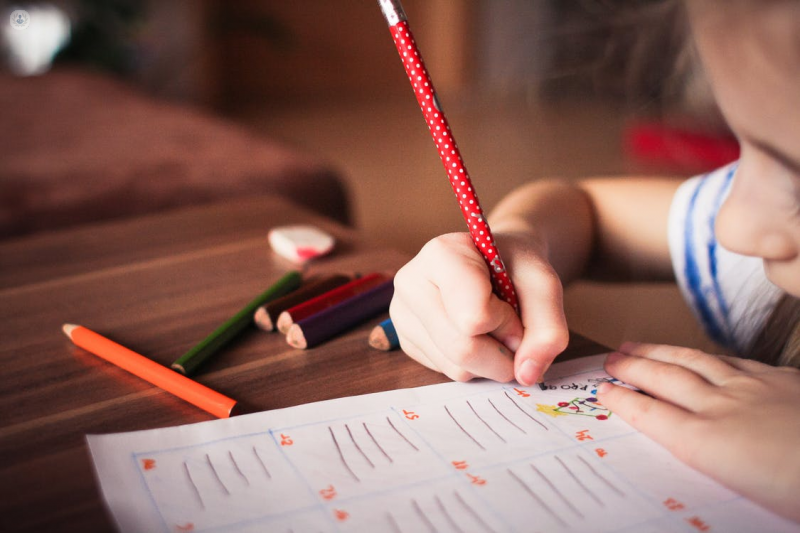

What are learning disabilities?
The term learning difficulties refers to impairments in any of the basic cognitive processes, affecting how the brain processes information. Normally, they manifest as a deficit in very specific areas such as writing, reading or calculation.

Children with a learning disability have lower school performance, yet the majority have normal or above-average intelligence.
The most common learning difficulties encountered are those concerning perception, emotionality, speech, writing and reading, attention, motor activity and coordination.
Symptoms of a learning disability
The symptoms are not the same in all children, nor do they manifest with the same intensity. The most frequent include impulsiveness, motor restlessness, difficulty paying attention and concentrating, difficulty with memory tasks, lack of behavioural inhibition and self-regulation.
These aspects have important repercussions in everyday life. Many of the children may have emotional problems such as low self-esteem and an inability to adequately express their emotions and feelings.
What are the causes of learning disabilities?
Research has found that there is a clear genetic component, meaning that learning disabilities may be inherited.
There are also perinatal risk factors such as the consumption of tobacco, alcohol and drugs during pregnancy, and delivery complications that may cause brain damage.
In addition, though less frequent, social-environmental factors may also have some effect on the seriousness of symptoms.
Can it be prevented?
Although the relationship between the child and the family is not a direct cause of learning disability, negative environments should ideally be avoided as they make it harder for the individual. It is recommended to provide stimulation to the child from birth in order to promote their psychomotor and intellectual development, and that good communication be maintained between the child and the parents. At home, the child’s exposure to conflicts should be minimised as these may cause anxiety or emotional blocks.
Punishing the child for their learning disability, for example for lack of progress, is counterproductive as this can lead to feelings of shame and guilt, causing the child to lose interest.
A combination of good communication and constant stimulation will lead to better development and learning capabilities.
What is the treatment?
It is important to diagnose the problem as early as possible in order to avoid greater complications in the child’s development and to introduce therapy based on a psycho-educational intervention, combining physical therapy, psychology and/or speech therapy, depending on the disability. The right therapy can change a patient’s life.
It is also vital that the child's parents and teachers receive guidance on how to deal with the learning disability at hand.
